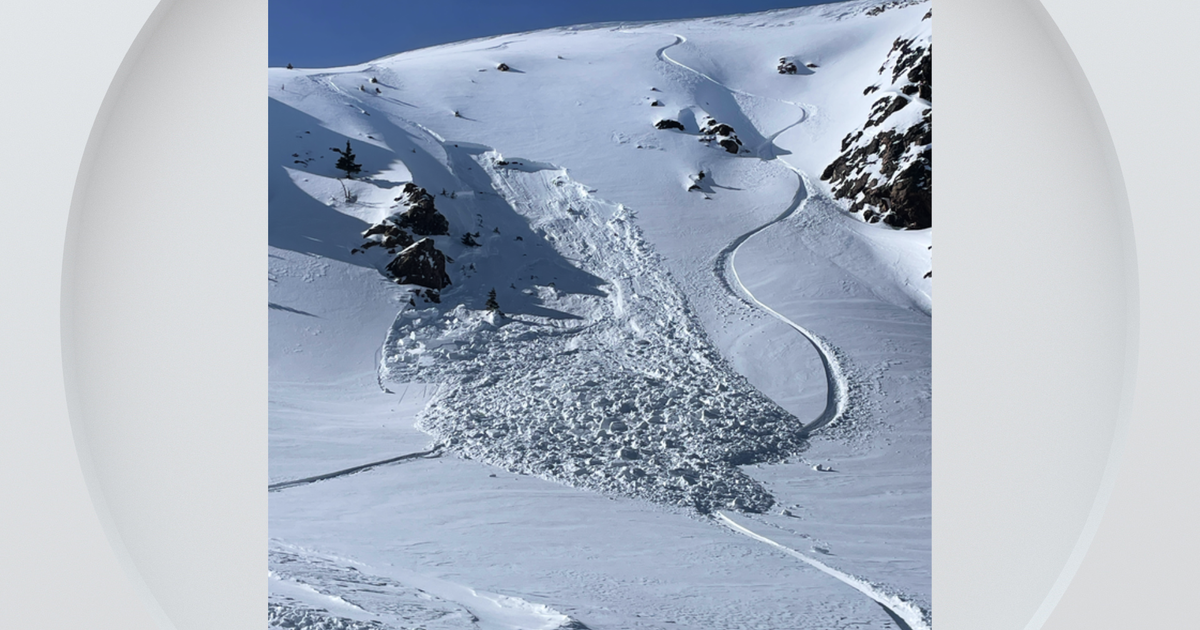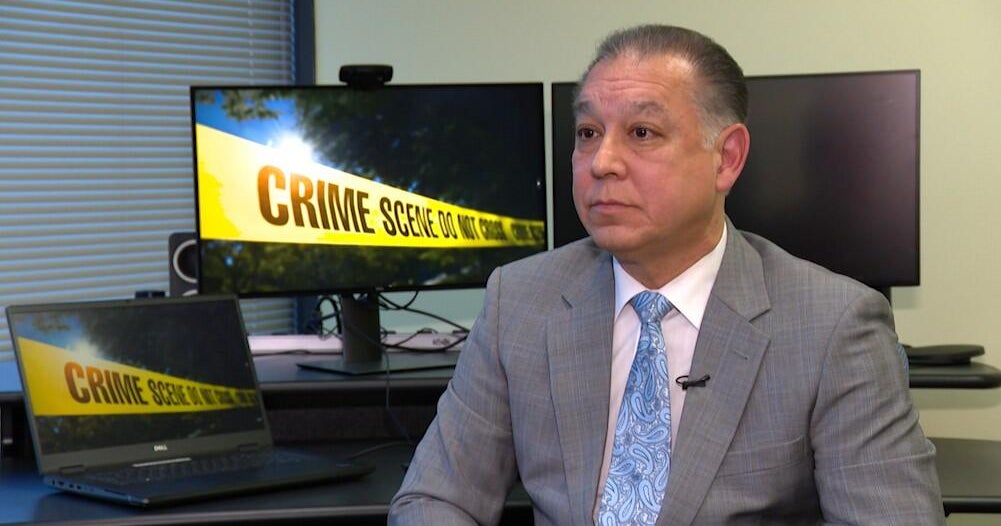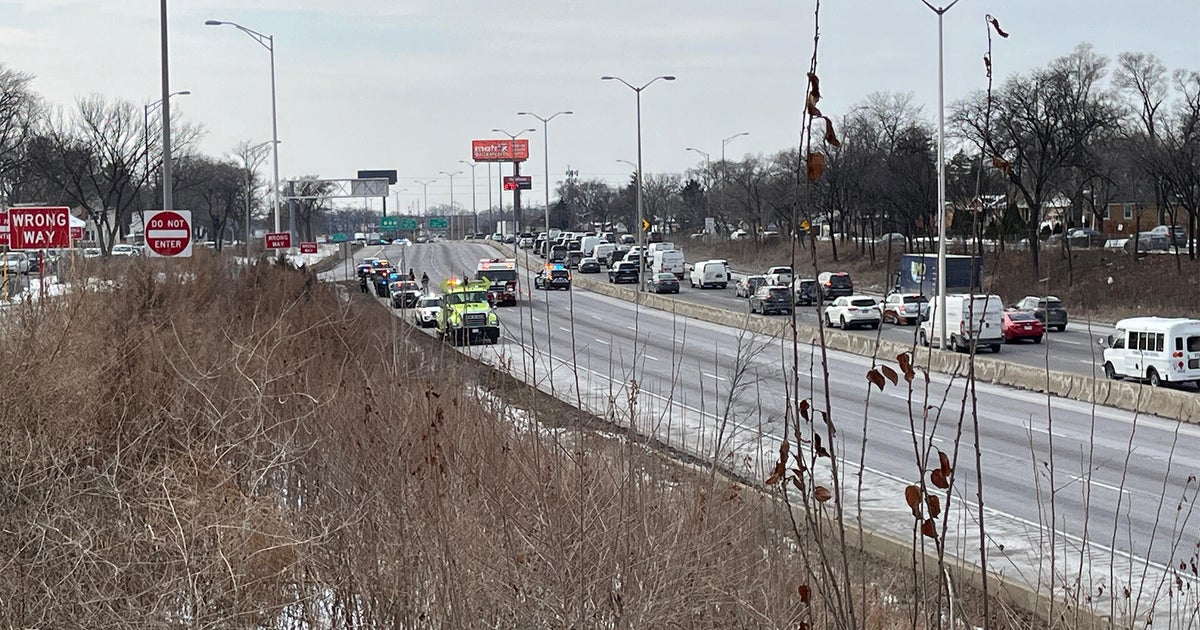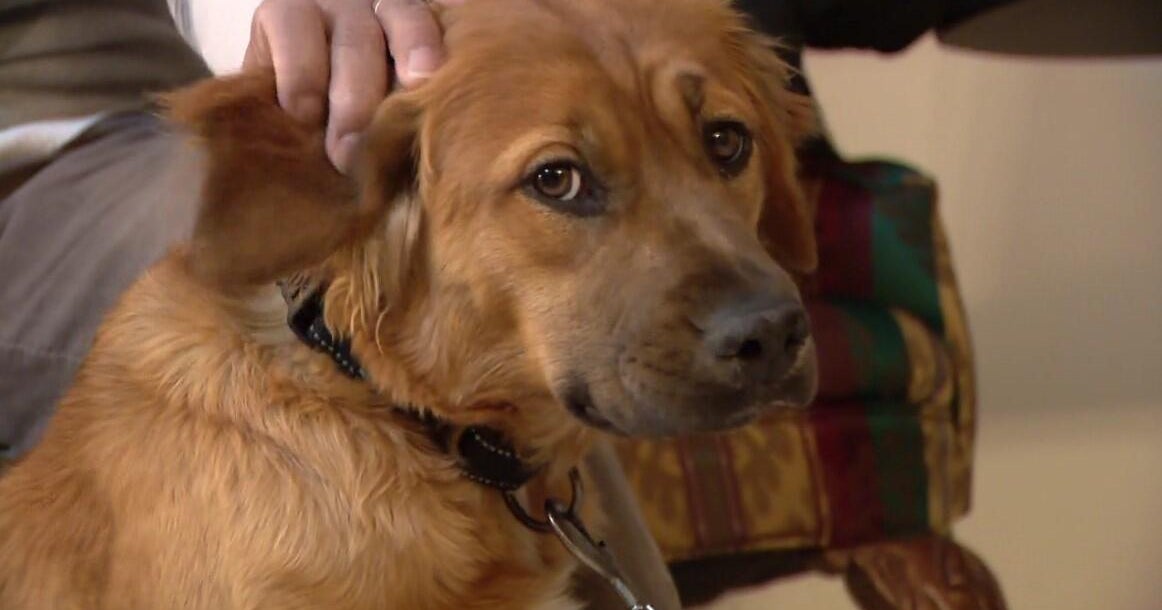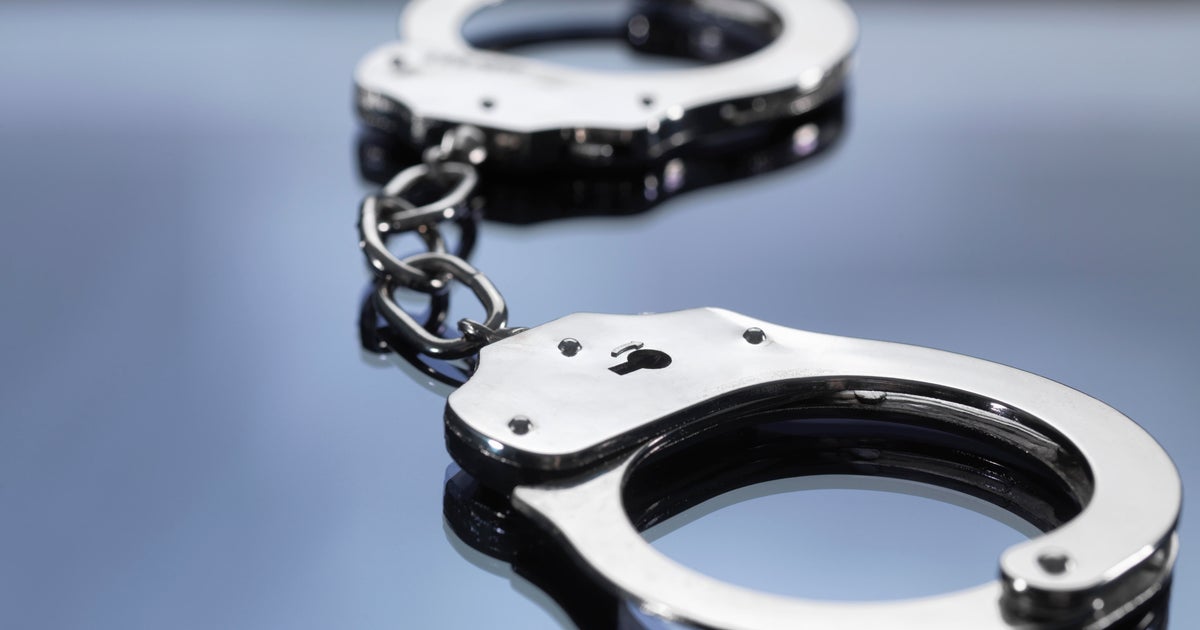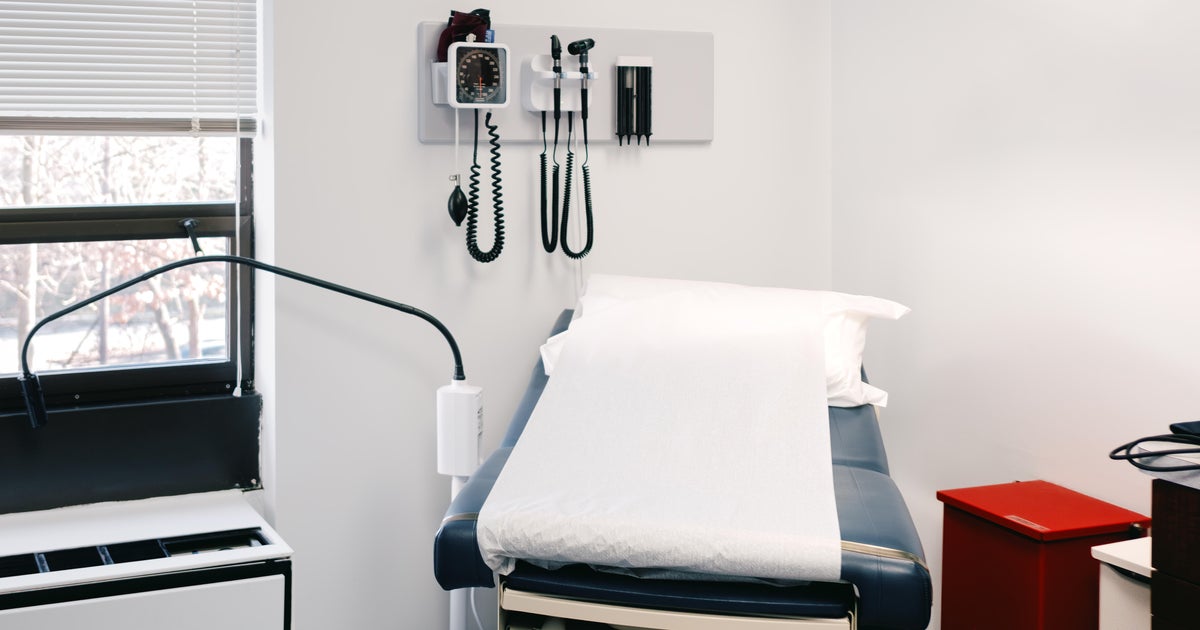Opthalmology Doctor Warns Of The Dangers Of Staring At The Solar Eclipse
CHICAGO (CBS) -- While the sun may be difficult to spot on Friday, an eye expert warns of the danger of staring at it for too long during the eclipse later this month.
Dr. Kirk Packo, chair of the ophthalmology department at Rush University Medical Center, said 22 years after the instrument for inspecting the eye was invented doctors saw the after affects of looking at a solar eclipse.
"The first big description of sun damage to the eye occurred following a total solar eclipse that went through Europe in 1912," he said.
For those watching the eclipse without lenses rated to block the full spectrum of light, he said substituting multiple pairs of sunglasses won't protect you. In fact, he said, they could lead to more damage because things will look darker so you may stare longer, but the invisible thermal-damaging light is still coming through.
"Then you are looking at it, you are not getting the painful stimulus, because you have darkened the visible light, and yet all that time, you are letting the invisible, dangerous thermal damaging light still through," he said.
Dr. Packo said rentinal burns from the sun can cause lifelong dead spots in the center of your vision and can reduce your vision permanently; but are not likely to make you completely blind.
When the medical facility where Dr. Packo worked in Atlanta in May 1984 offered free eye exams after an annular eclipse (not total - solar edge still visible), he said none of the roughly 100 people who came in suffered any damage.
He attributes the lack of problems to how well publicized the warnings were.
If you are going to watch the eclipse, you should get eclipse glasses properly rated to block the visible spectrum, said Dr. Packo. But even then, he said, you are not immune from any retinal damage.
"Don't look through a camera, telephoto lense, telescope or binoculars while wearing solar eclipse glasses," he said.
That magnification can lead to damage.
If you cannot get eclipse glasses, he suggests making a pinhole camera to project the sun's image on a piece of paper to safely watch.
When asked what's a safe amount of time to stare at the eclipse Dr. Packo hesitated, saying it depends on how much cataract you have or refractive error is.
He said the problem is an eclipse is mesmerizing and you will want to look longer than a couple of seconds, as the doctor recommends.
